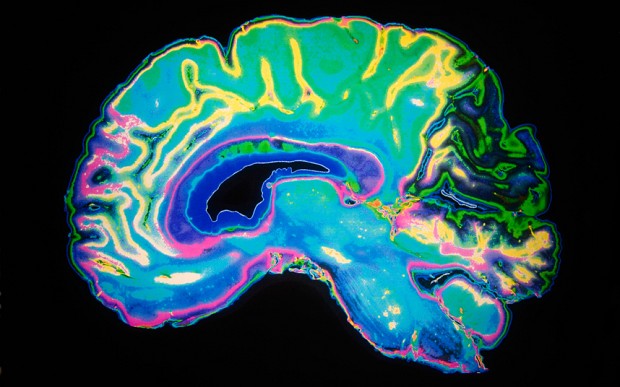You can argue that the general public were not in fact misled over anything.
The Department of Health had a live stream for the entire day, and the communique and declaration were made available at the end of the day.
It can be argued that the scale of the issue of prevalence of cases of dementia is significant. The media, however, did such a fantastic job in using words such as ‘time bomb’ in scaring the public across all media outlets that Prof Alistair Burns was put in a difficult position as to why dementia policy had appeared to ‘fail’. Burns explained with immaculate civility that the prevalence of dementia had appeared to be falling in recent years to a quiet adversarial but polite Emily Maitlis.
The spectacle of the G8 dementia was though a deception of the highest order. The emotions you were undoubtedly supposed to feel were that it was your fault that you hadn’t realised that dementia was a significant public policy issue.
One lie led to another unfortunately. There are at least two hundred different types of dementia. Some are completely reversible. Some are easier to treat than others. Therefore it was completely meaningless to talk of a single cure for dementia by 2025. Some senior medic should have stopped these health ministers including Jeremy Hunt making a fool of themselves.
They did not even aspire to promote good care primarily; they did not pledge monies in this direction; they gave a firm commitment to disseminate examples of good care.
There is no doubt that much more can be done in basic research to do with how Alzheimer’s disease comes about, and to examine why after fifteen years there is no consistent narrative about their lack of the slowing of disease progression.
What is though to me still unfathomable is why it has not been reported what this ‘open data’ agenda is about. It is about the sharing of clinical “big data”, including DNA genomics, across jurisdictions for the development of personalised medicine.
Innovations for wellbeing might be profitable, but nothing compared to this new project of Big Pharma. And there isn’t a single thing about it in the media. How did the G8 choreograph with such synchrony such a united response all of a sudden? It’s because it’s known that big data and personalised medicine are “the next big thing” in profitability for Big Data. And crucially the other approaches have failed.
You cannot help but feel physically sick at the outcome of this unique opportunity. It’s not accidental there was hardly a discussion of the caring shortfalls in any jurisdiction. The worst thing about this deception is that the public don’t even know that they have been deceived. As long as they donate money voluntarily for ‘research’ and/or participate in ‘dementia friends’, and so long charities can deliver in return some people contributing to the ‘big data’ sample, everyone’s a winner.
The sheer terror helps.
Everyone’s a winner.
Except the person with dementia.

